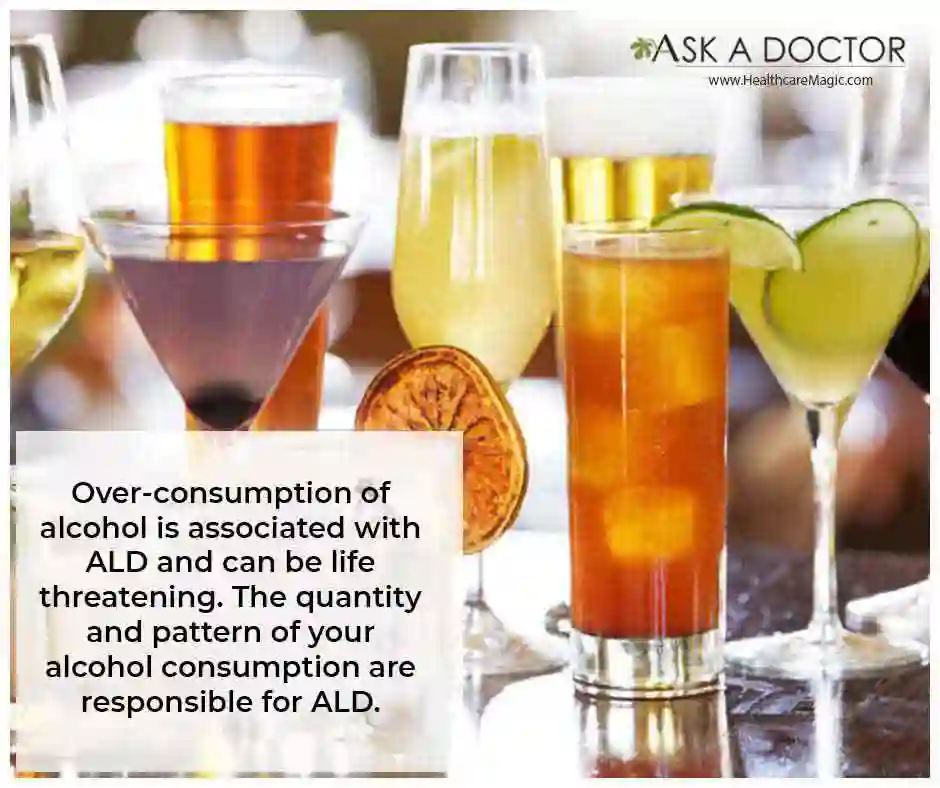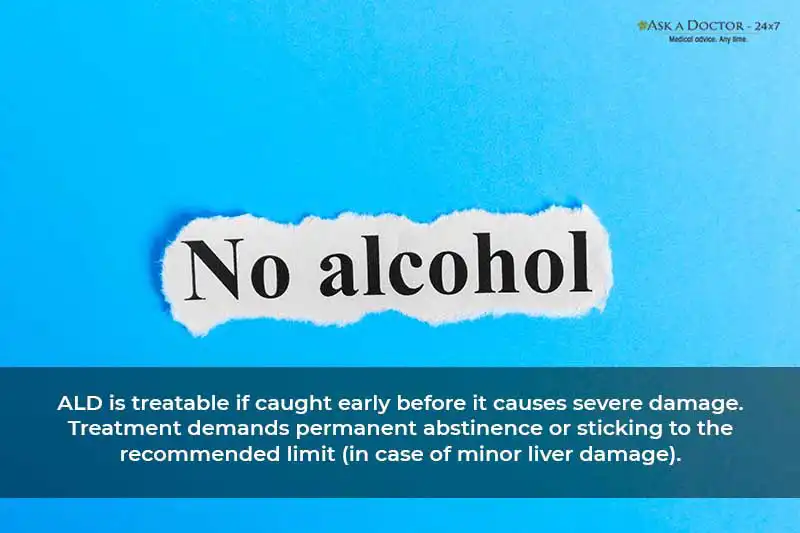Is Drinking Alcohol To Blame For An Increase In Liver Disease? Here's What You Need To Know & Do!
The liver is one of the most vital organs and performs crucial tasks to help our body function healthily. It filters out toxins from the blood, facilitates digestion, and regulates blood sugar and cholesterol. Despite knowing that our liver does so much multitasking, we seldom pay appropriate attention to the wellbeing of this organ. Liver diseases are surging around the globe, and alcohol indulgence plays a large role in this affliction.
Although many factors such as genetics, obesity, and viral infection may lead to liver disease, alcohol consumption is the most common cause. Liver disease caused by excessive consumption of alcohol is referred to as alcoholic liver disease (ALD).
What you need to know?

Excessive drinking not only harms your liver, but it also affects your overall health. In the early stages, no symptoms may be seen. Once the symptoms start showing, the damage is often irreversible and may even be life-threatening.
Early symptoms of ALD include:
- Loss of appetite
- Abdominal pain
- A general feeling of being unwell
- Jaundice (yellowing of the skin and whites of the eyes)
- Swelling in the legs and abdomen
- Fever
It’s not just drinking, but the pattern of drinking that is also responsible for liver disease. These patterns include:
- Consuming a large amount in a short period of time (binge drinking)
- Consuming more than the recommended limit over many years
- Drinking without food intake, as drinking with a meal slows down the alcohol absorption rate and causes less damage
- Consuming spirits (high alcohol concentration beverage)
- Consuming multiple alcoholic beverages
The significant complications associated with liver cirrhosis are increased blood pressure inside the liver (portal hypertension), building-up of fluid in the abdomen (ascites), infection, liver cancer, and even death.
Securing your liver health
ALD is treatable if it is detected early before it causes severe damage.

Abstinence from alcohol helps
In case of minor damage, abstinence is required until the damage is reversed and the person can drink occasionally after that. However, they would need to stick to the recommended level (safe limit). According to the National Health Services or NHS, the safe limit for alcohol intake is less than 14 units per week for both men and women (preferably split over 3 or more days). In the case of severe damage, permanent abstinence is recommended, as continued excessive drinking can shorten your lifespan. For more information on safe alcohol consumption and its effects on the liver, consult with an online Gastroenterologist.
Other lifestyle modifications to consider:
- Eating 3 or 4 small meals a day instead of filling yourself with 1 or 2 large meals
- Avoiding excessive salty and fatty foods (junks)
- Opting for healthy snacking between meals instead of munching on processed food
- Give up a sedentary lifestyle and exercising daily
Prevention is better than a cure

Consumption of alcohol is not only common among adults, but there’s been a surge in alcohol consumption among teenagers and college students as well, causing early onset of liver damage among therm. Even the Centers for Disease Control and Prevention (CDC) reports that alcohol-related deaths have skyrocketed among young adults, especially millennials (aged between 25 and 34). Clearly, prevention is the best medicine to take control of liver health.
You can preserve your liver and prevent ALD by cutting back on alcohol
or drinking in moderation. Also, one needs to eat nutritious food and
maintain a healthy weight to safeguard their liver health.
To know more information about the role of alcohol in liver disease and remedies to control it, ask an online Gastroenterologist now.
Ask a Specialist
Recent Questions


